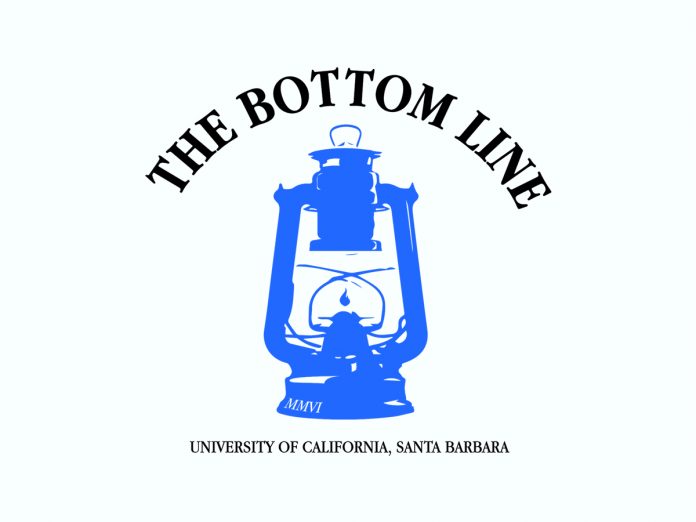Jacob Wong
National Beat Reporter
On Thursday, March 28, the UC Office of the President (UCOP) announced that the University had reached an agreement with the University Council-American Federation of Teachers (UC-AFT) on a new proposed contract for librarians employed within the system.
“The university and UC-AFT worked collaboratively at the bargaining table to reach a contract that is fair to both sides and recognizes our librarians’ contributions and dedication,” stated Dwaine B. Duckett, UC’s vice president of systemwide human resources, in a press release.
The contract has since been approved by union members, confirmed UCOP spokesperson Sarah McBride in an email to The Bottom Line.
The announcement comes following months of negotiations between UC-AFT, which represents librarians and non-Senate faculty throughout the UC system, and UCOP over a new collective bargaining agreement after the previous one had expired last September. Talks between the two parties had stalled due to disagreements over librarian pay.
Chief among UC-AFT’s concerns was the disparity in pay and other benefits provided to designated University Librarians compared to rank-and-file campus librarians and library employees.
UC-AFT highlighted this imbalance in an article posted last October by pointing to a recent 8.9 percent salary increase given to Elizabeth Cowell, the University Librarian for UC Santa Cruz. On the same day, the University had proposed a series of small raises for campus librarians amounting to a nine percent total increase over the next four years.
“Something’s wrong with a public university system that rewards University Librarians and other library administrators with cumulative average pay increases of 32 percent over the last five years, while the last contract for rank-and-file librarians only guaranteed eight percent,” states the article.
The new contract agreement addresses UC-AFT’s concerns by providing campus librarians annual three percent salary increases effective July 2019 to July 2023; health benefits at comparable rates to those received by UC employees with similar salaries; and a new Retirement Choice Program that allows newly-hired librarians to choose between the UC’s traditional pension plan and a 401(k) style plan.
Along with the pay raises and increased benefits, union member Gary Hillis pointed out that UC-AFT scored another victory in the new contract with the addition of policies protecting UC librarians’ academic freedom.
Hillis, a professor of Religious Studies at UCSB, pointed out that UCOP had a history of denying campus librarians academic freedom protections, which prevent employees from being fired or disciplined for their research or the subject matter that they teach.
UC-AFT acknowledged this as well in a release summarizing the contract agreement, writing, “Union member activism and massive public backlash against UCOP’s stated denial of academic freedom for librarians led UCOP to commence a policy-making process to address academic freedom rights and responsibilities for all academic appointees.”
“That was a big symbolic win,” said Hillis. “It didn’t add any cash value, but it was an important status for the librarians to enjoy.”
While the new contract can be seen as a victory for the union in some areas, Hillis made it clear that other aspects of the agreement left much to be desired. One such area is funding for professional development. “The union went in asking for an increase in professional development funds, but they received nothing,” he said.
The UC-AFT summary corroborates Hillis’s point of view, stating, “UCOP insisted their salary proposal was the limit of the University’s economic resources, and refused to increase PD (professional development) amounts.”
The UC’s treatment of temporary contract librarians, another major point of contention between
the two parties throughout the negotiations, also saw little improvement under the new contract.
“[Temporary contract librarians] have no protections, they receive minimal benefits, and they don’t get any credit towards a continuing position,” said Hillis. “One of the things the union really wanted to win was more protection for the temporary appointments, but they were not able to win that. That was one of the concessions they made.”
Ultimately, as Hillis himself stated, the give-and-take nature of the contract agreement is just a facet of the negotiation process itself.
“UCOP played hardball,” said Hillis. “They were not very flexible/receptive to most of the proposals that the union librarians gave, but in the end they did make pretty significant concessions on the salary side and other things.”
“The thing about negotiations is you go in asking for everything you can, even though you know you’re not going to get everything. If you don’t demand enough, then you won’t get enough.”











